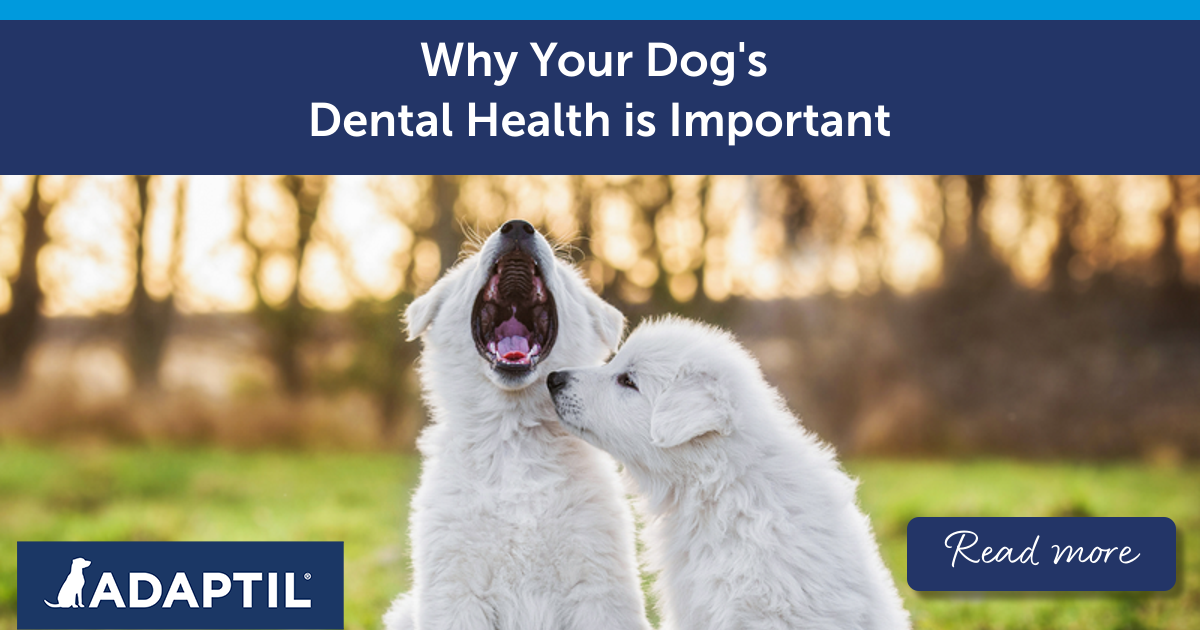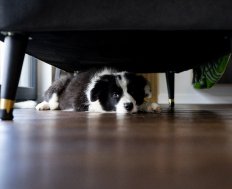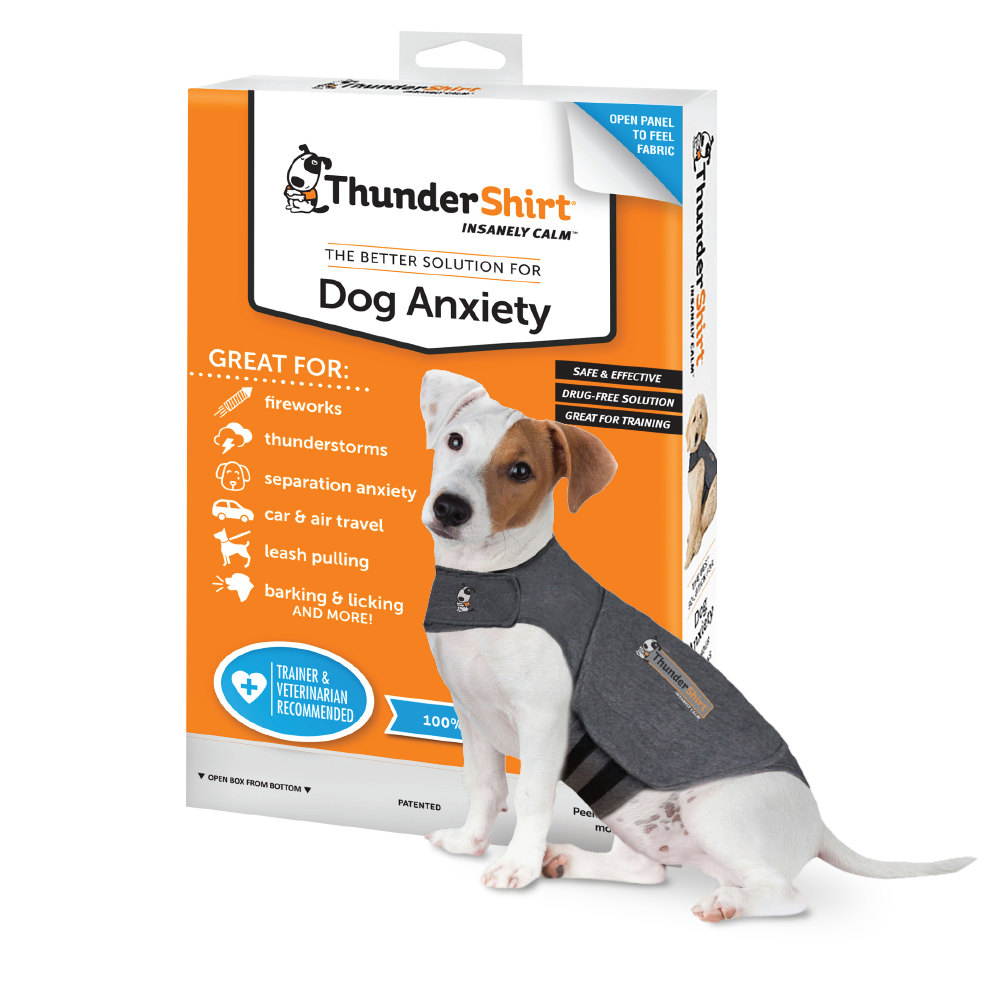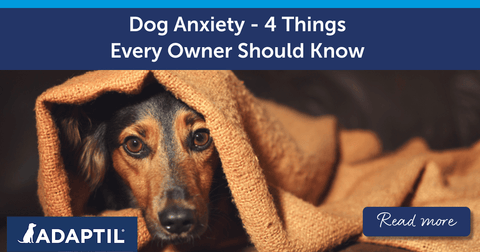
Why Your Dog's Dental Health is Important
As pet parents, we often prioritise our furry companions' physical health with regular walks, vet check-ups, and a balanced diet. But there's one aspect of their well-being that sometimes gets overlooked – their dental health. Just like humans, dogs can suffer from dental issues that can impact their overall health and happiness.
The Importance of Dental Care for your Dog
Did you know that dental problems are one of the most common health issues in dogs? In the UK, it is estimated that 85% of dogs and 70% of cats over the age of three suffer with some form of dental disease*. This can range from plaque and tartar buildup to gum disease and tooth decay. Not only can these issues cause discomfort and pain for your furry friend, but they can also lead to more serious health problems if left untreated.
Regular pet dental hygiene checks are therefore essential to spot and tackle plaque buildup and the early signs of dental problems, while they are still easily reversible.

Does my dog have dental disease?
Pets are very good at hiding dental pain, so, as well as brushing it is important to keep a close eye on their mouths and look out for certain signs of dental disease. Regularly brushing their teeth will also ensure you keep a close eye on things and spot issues early.
Things to look out for with dental disease include:
- Doggie Bad breath
- A build-up of tartar/staining on teeth
- Red or bleeding gums
- Evidence of blood on chew toy
- Loose or missing teeth
- Pawing at the mouth
- Difficulty eating and chewing food
- A loss of appetite
Some pets will show none of these signs and still have dental disease, so regular check ups with your vets are also important.
Poor dental health can be a source of long term pain and discomfort. Often owners are unaware of this discomfort because most animals do not cry out in pain but tolerate it.
Dental disease in older pets can be even more difficult to spot as early signs can be thought of as the pet ‘getting old’. It is only when we see a change or improvement in behaviour that we realise how much pain our pet with dental disease was in. Pain can be exhibited in many ways including a reluctance to play with certain toys, a reluctance to eat (or eating on one side), pawing at the mouth or pain on touch of the mouth area.

It's important to remember that dental care isn't just about aesthetics – it's about your dog's overall health and well-being. Poor dental health can lead to a range of problems, from doggie bad breath and toothaches to more serious issues like infections and heart disease. By taking proactive steps to care for your dog's teeth, you can help keep them healthy.
From doggy toothpaste to dental chews, there is a range of dental hygiene solutions for dogs, all designed to promote good oral health and prevent dental issues before they start.
Don’t try your own as human toothpaste is toxic to dogs if swallowed.
Are you on the lookout for even more dog health advice? Then get in touch! We love sharing all the advice we can. You can also stay informed with our latest tips, guides, and product information by signing up to our newsletter.









































